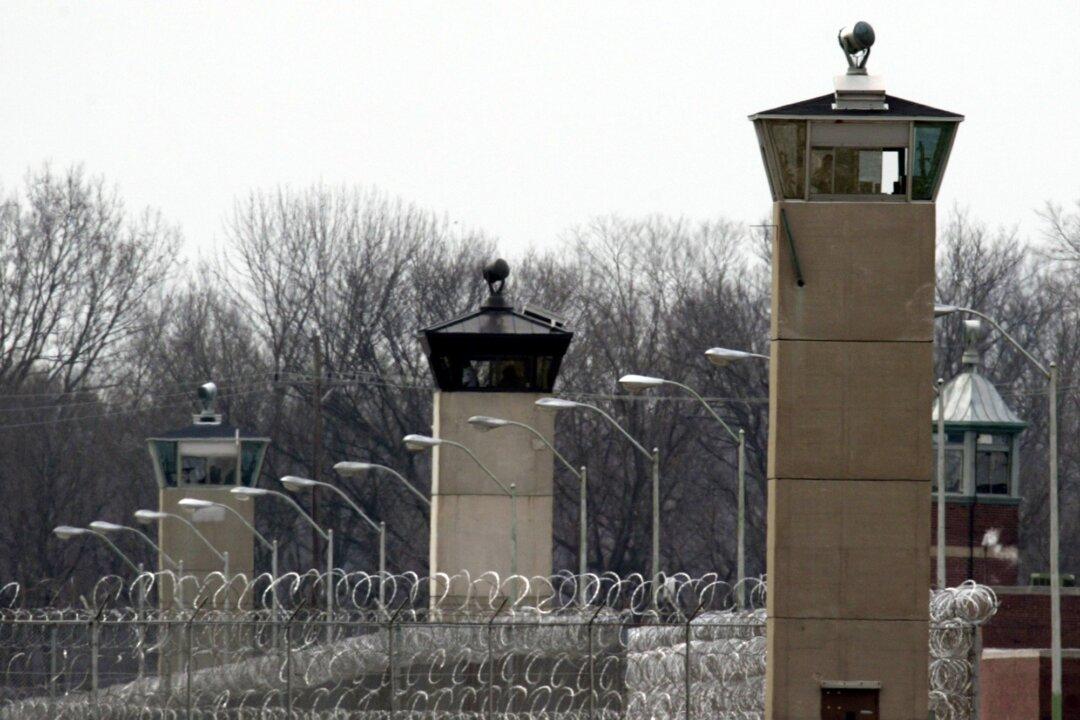The Justice Department says it’s scheduled two additional federal executions of convicted murderers just weeks after the department successfully resumed executions following a 17-year hiatus.
William Emmett LeCroy and Christopher Andre Vialva are scheduled to die by lethal injection in September at the U.S. Penitentiary in Terre Haute, Indiana, the department said on July 31.




